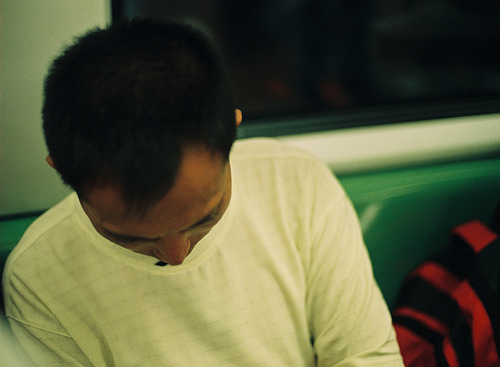 |
| Love and compassion can heal all of society’s conflicts |
Metta Meditation is one of the oldest traditions in different schools of Buddhism. The focus of this practice is on cultivating compassion and love in one’s mind. The interesting point in this practice is that love starts with accepting self and then emitting love to others. Many emotional conflicts start with the loss of self-respect. A conflicted mind starts to have judgments about self and disliking aspects of self.
Bad memories and scars of the past lead into losing the interest to self and building resentment. In this practice, the meditation starts with what we love and are most proud of about ourselves. Then it moves gradually to what we are neutral about and last, the focus is turned to what we dislike or hate. The idea is for one to accept different parts and portions of self as equal and embrace them all equally. This process would lead into acceptance and inner peace. Once the meditative mind has achieved self-acceptance and compassion to self, it becomes capable of sending compassion to our loved ones. The circle of love and compassion can be expanded and ultimately incorporate the whole universe.
There have been significant attention brought into meditation practices lately by the modern scientific communities. There are compelling evidence in the Compassion Meditation literature about healing effects of giving love and compassion to others. By focusing on compassion in meditation practice one can overcome feelings of loneliness, depression and anxiety.
This modern approach of compassion meditation is the revival of the 2,500 years old Metta Meditation practice. In old Tibetan Metta Meditation tradition, one would practice breathing meditation by breathing in suffering and breathing out love and compassion. Traditionally we have always been thought that love and compassion equals with giving and selflessness. However, in this model one would achieve and gain as much as offer and give to others.
Love and compassion can heal all of society’s conflicts.
Dr. Kevin ROD – Toronto Poly Clinic.











